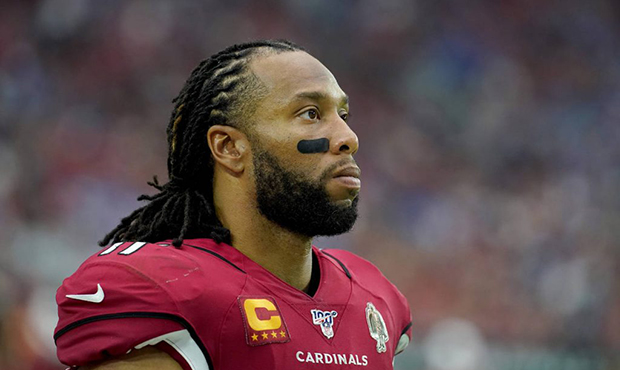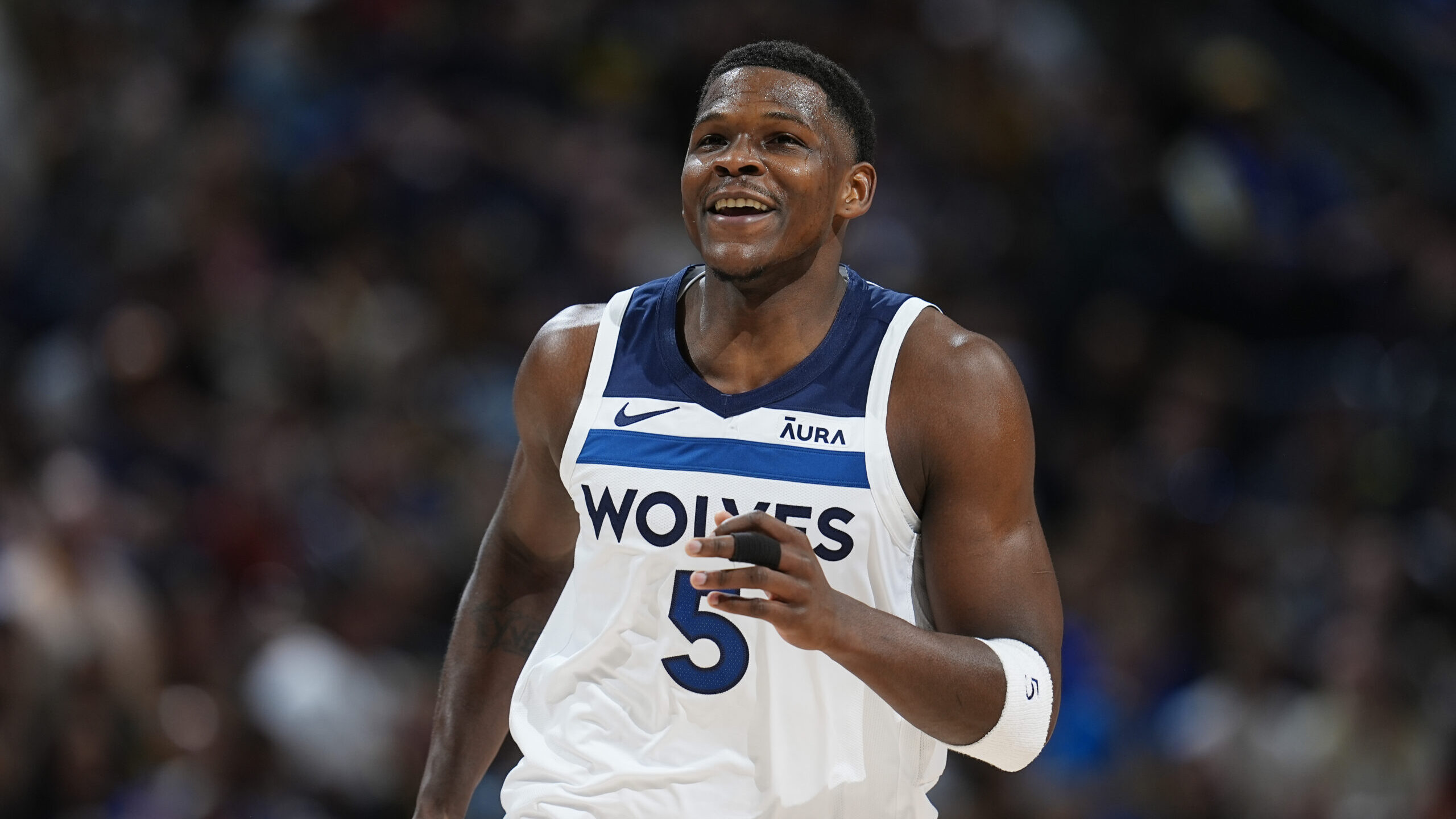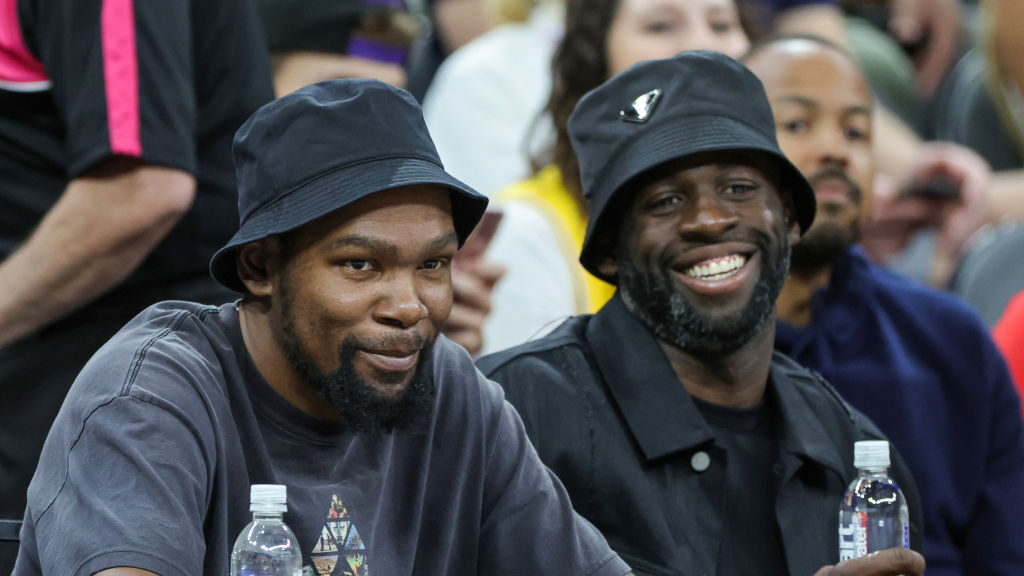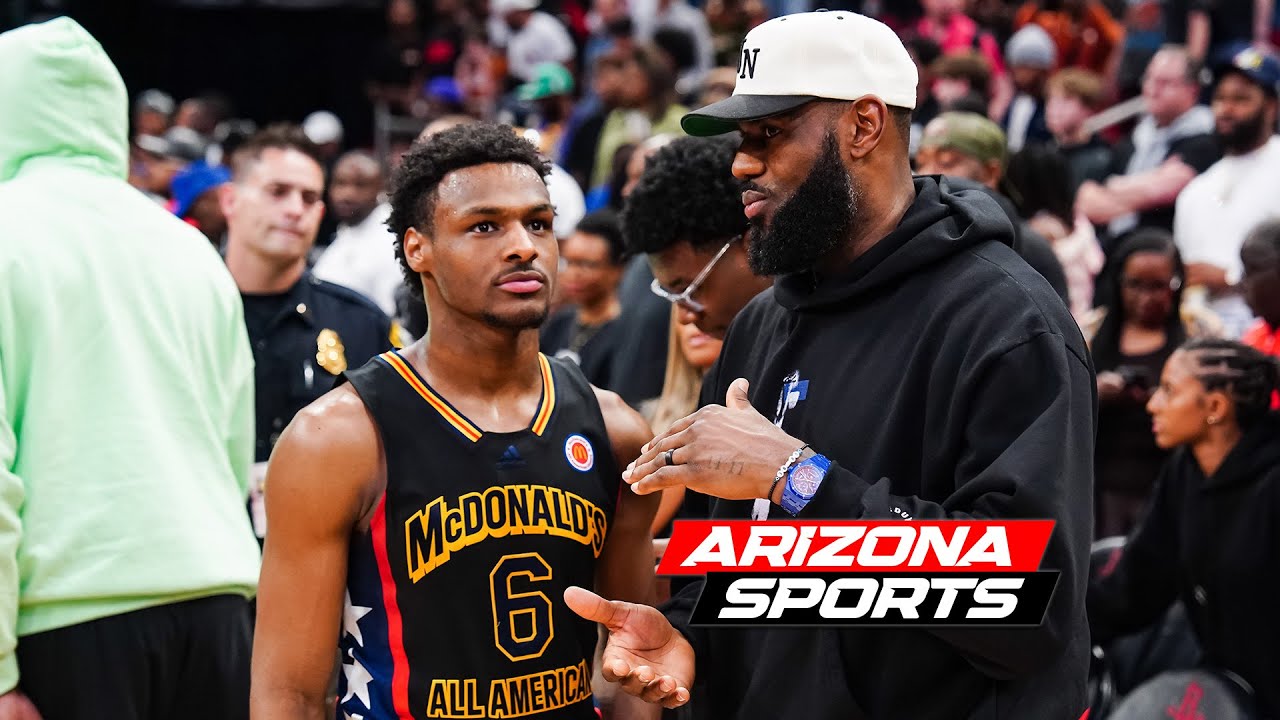Suns, Mercury reaffirm commitment to equality after Derek Chauvin verdict
Apr 20, 2021, 2:56 PM
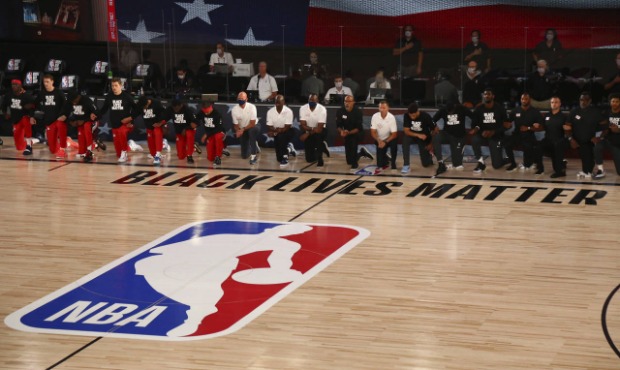
Phoenix Suns and Washington Wizards players kneel behind a Black Lives Matter logo on the court before an NBA basketball game in Lake Buena Vista, Fla., Friday, July 31, 2020. (Kim Klement/Pool Photo via AP)
(Kim Klement/Pool Photo via AP)
The Phoenix Suns and Phoenix Mercury released a joint statement Tuesday after a jury found former Minneapolis officer Derek Chauvin guilty of murder and manslaughter in the death of George Floyd.
“As Americans, as athletes, as business and community leaders, as role models with a platform, and as every day citizens focused on just doing the right things, our work as shepherds of social and racial justice never ends nor does our commitment to being a force for change, fighting injustice while celebrating and embracing diversity,” the statement read.
“The Phoenix Suns and Phoenix Mercury will continue to invest in communities of color, listen to leaders in the space of racial justice, and use our organizations’ voice and platform in the pursuit of an equal and peaceful society.”
Chauvin was convicted Tuesday of murder and manslaughter for pinning Floyd to the pavement with his knee on the Black man’s neck in a case that touched off worldwide protests, violence and a furious reexamination of racism and policing in the U.S.
Chauvin, 45, could be sent to prison for decades.
The jury of six white people and six Black or multiracial ones came back with its verdict after about 10 hours of deliberations over two days. Chauvin was found guilty on all charges: second-degree unintentional murder, third-degree murder and second-degree manslaughter.
The National Basketball Players Association executive director Michele Roberts and NBA commissioner Adam Silver also released a joint statement once the verdict was announced Tuesday.
“George Floyd’s murder was a flash point for how we look at race and justice in our country, and we are pleased that justice appears to have been served,” it read. “But we also recognize that there is much work to be done and the National Basketball Association and the National Basketball Players Association, together with our newly-formed Social Justice Coalition, will redouble our efforts to advocate for meaningful change in the areas of criminal justice and policing.”
The verdict was read in a courthouse ringed with concrete barriers and razor wire and patrolled by National Guard troops, in a city on edge against another round of unrest — not just because of the Chauvin case but because of the deadly police shooting of a young Black man, Daunte Wright, in a Minneapolis suburb April 11.
Floyd, 46, died May 25 after being arrested on suspicion of passing a counterfeit $20 bill for a pack of cigarettes at a corner market. He panicked, pleaded that he was claustrophobic and struggled with police when they tried to put him in a squad car. They put him on the ground instead.
The centerpiece of the case was the excruciating bystander video of Floyd gasping repeatedly, “I can’t breathe” and onlookers yelling at Chauvin to stop as the officer pressed his knee on or close to Floyd’s neck for what authorities say was 9 1/2 minutes. Floyd slowly went silent and limp.
The Associated Press contributed to this story.


